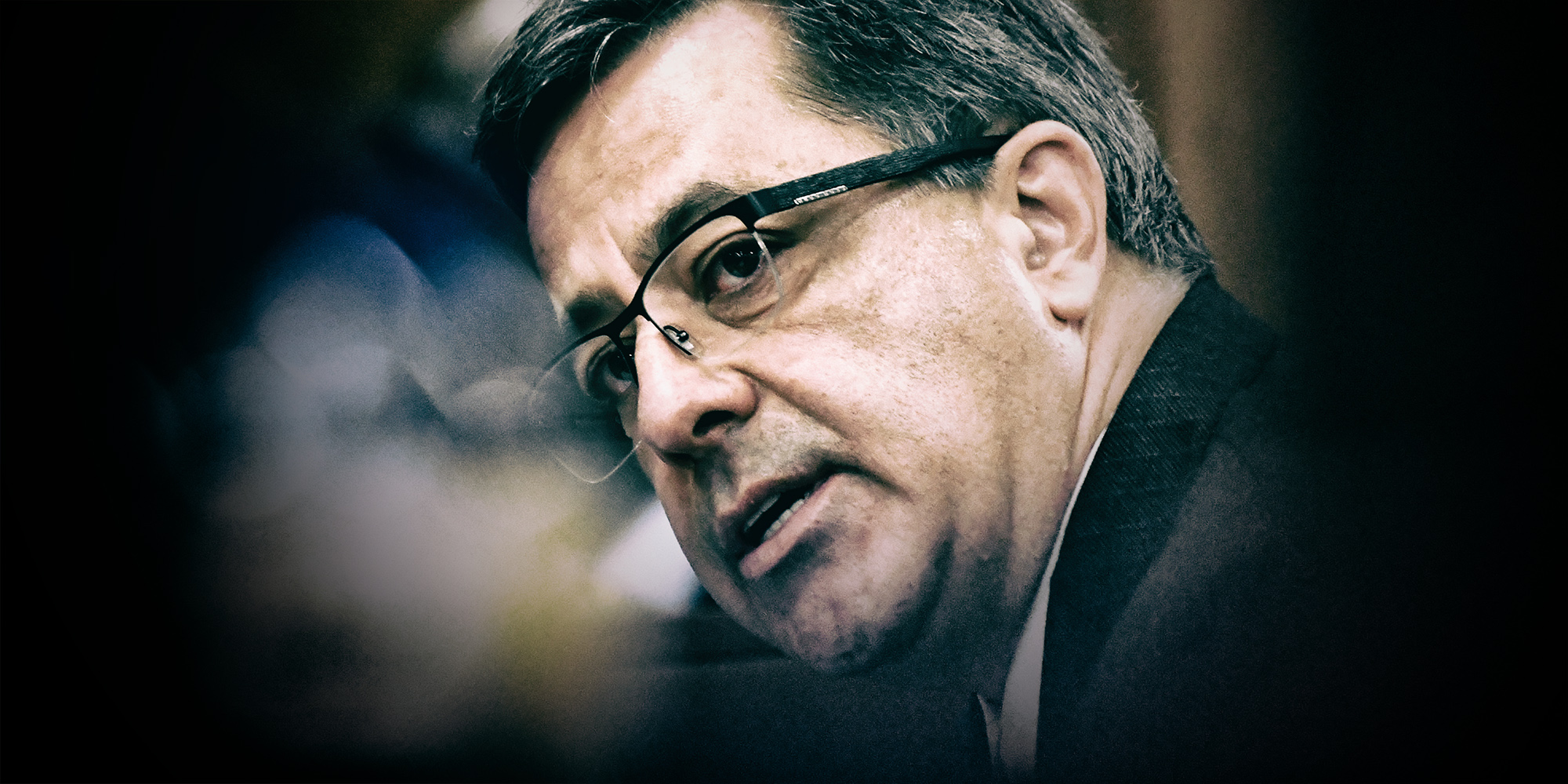Is the five-year jail term handed to Steinhoff’s former finance boss, Ben la Grange, too lenient?
Last week, a friend asked me this question after a court in Pretoria threw La Grange behind bars. And my answer to the question was a resounding “yes”, considering the enormous damage caused by the corruption at Steinhoff and its implosion in December 2017.
Pension funds in South Africa and Europe lost about R200-billion from exposure to Steinhoff shares, which collapsed by more than 80% after the company admitted to accounting fraud seven years ago.
South Africa’s regulators, accounting and auditing industries were embarrassed as they didn’t timeously detect red flags around Steinhoff, a once high-flying retailer and market darling.
Goodwill and trust in South Africa’s justice system have eroded because, for many years, former Steinhoff CEO Markus Jooste and his pals roamed scot-free despite being implicated in serious wrongdoing.
PwC, in a forensic investigation, laid bare the seriousness of wrongdoing. Investigators at PwC found that “a small group of Steinhoff Group former executives and other non-Steinhoff executives” engaged in “fictitious and irregular transactions” worth more than R100-billion. These transactions were fed into Steinhoff’s accounts between 2009 and 2017 to artificially boost the company’s profits. In other words, the books were cooked and Jooste was regarded as the mastermind of the Steinhoff skulduggery.
Global web of companies
In doing so, Jooste and other executives used a global web of companies, including in tax havens like the British Virgin Islands, while enriching themselves and defrauding Steinhoff and its shareholders.
It was widely accepted that Jooste couldn’t have excelled at the fraud without help from Steinhoff’s financial team. Enter Ben la Grange, who was jailed last week and might be out in time for South Africa’s 2029 general elections.
The story goes that La Grange signed off invoices that juiced Steinhoff’s profits. La Grange, who joined Steinhoff as a tax manager in 2003 at age 29 and was appointed the retailer’s chief financial officer a decade later, duly approved massive invoices and money transfers at Jooste’s behest — also sent to the accounts department for further assent. By doing so, La Grange failed to uphold ethical standards as an executive and was complicit in South Africa’s biggest case of corporate fraud.
Without successful prosecutions and sentences, the only form of restorative justice meted out against Jooste and La Grange has been fines worth millions of rand and the pair being disqualified from serving as company directors. This did not go far enough.
With Jooste having died by suicide in March this year and much-deserved jail time no longer possible, I suspect that State prosecutors intensely gunned for La Grange in recent months.
Connect the dots
As the erstwhile former Steinhoff finance chief, La Grange is au fait with the complex web and cross-border fraud at the retailer, and can connect the dots for prosecutors to build the case. I don’t think local authorities have the skills and capacity to do so alone. So, a plea deal with La Grange was struck. I sympathise with the authorities as they must be under enormous pressure to move with successful prosecutions as the nation also wants to see accountability around the Steinhoff saga.
However, law enforcement agencies must be careful when it comes to entering into quid pro quo arrangements. In the Steinhoff case, such an arrangement would involve offering alleged wrongdoers an opportunity to come clean in exchange for lighter sentences.
While plea deals are common — in South Africa, they were offered to former Merafong City CFO Thys Wienekus (Merafong is one of 20 municipalities that invested money in VBS Mutual Bank) and, overseas, to the chief financial officers of Enron and Bernie Madoff’s corrupt investment empire — State prosecutors must use them lightly.
The message that plea deals sends out is that full and honest disclosures can only be done if an accused benefits from such an act. The unintended consequence is that coming clean is not the right thing to do, but a mechanism to broker a deal for a lenient sentence. La Grange should have faced the full wrath of the law — a minimum sentence of 15 years to life that fraud and corruption charges usually carry. It would send a strong message that white-collar crime (or any other crime, for that matter) is not tolerated in South Africa.
Maybe my views are fundamentally flawed. They assume everyone has a conscience and their bona fides are still intact, and people would ordinarily blow the whistle to uphold justice. DM





